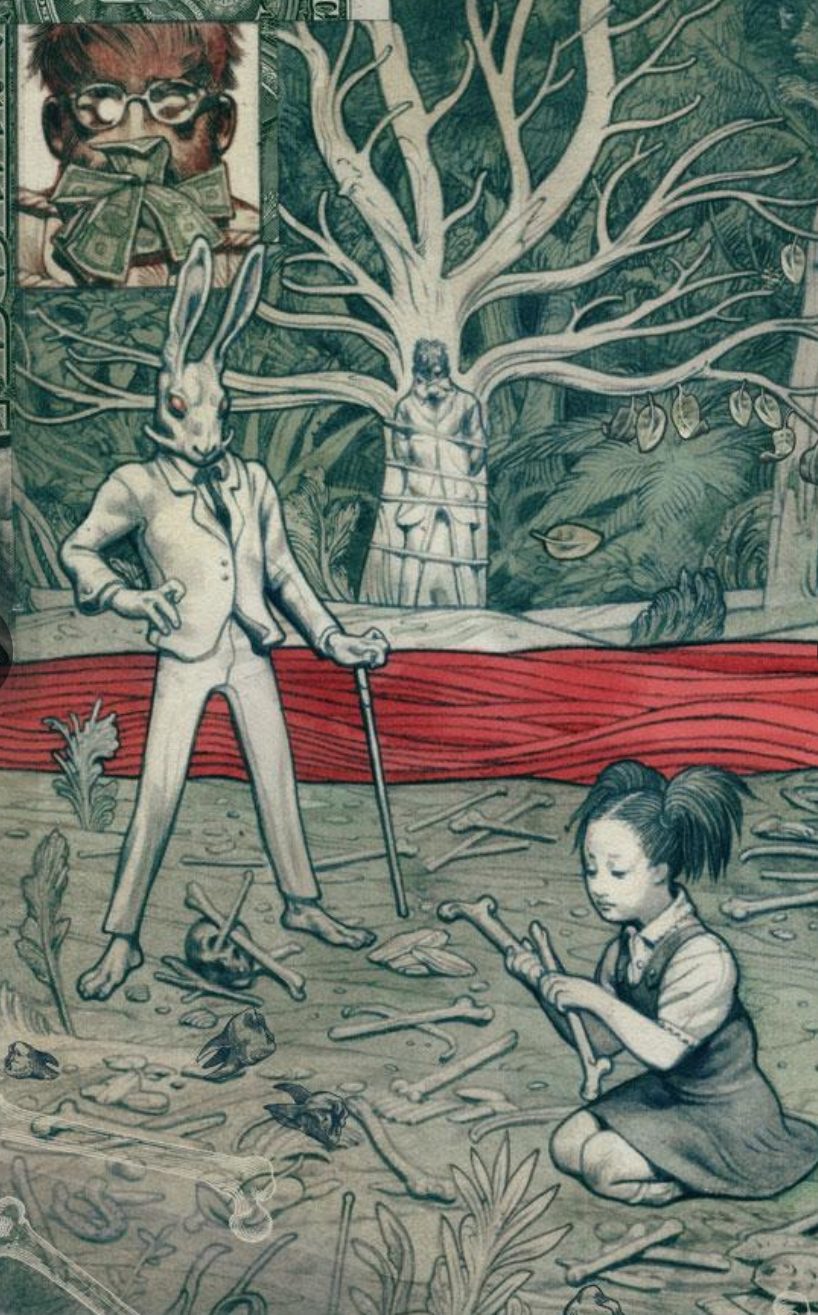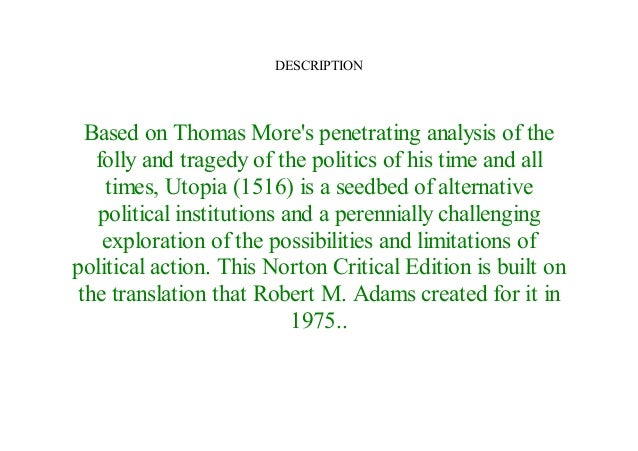

The relations between utopianism and biopower are explored below through a reading of Dennis Kelly’s TV series, Utopia (Channel 4, 2013-2015) from a theoretical perspective informed, first, by Foucault’s early writings on biopower and, later, by Giorgio Agamben’s theory of the “Homo Sacer”. Such a shift renders biopolitical theory indispensable to utopian studies. The topos of utopia became less a territorial space and more a corporeal space, in a shift of focus within utopianism from outer space to inner space, from geopolitics to biopolitics. This paper, however, will concentrate instead on the ways in which his theorizations of biopower expose the mechanics of utopian discourses, formations, practices, and texts.ĭuring the period of modernity, utopianism demonstrated an increasing preoccupation with issues and concerns pertinent to biopolitical governance, such as the importance of citizens’ bodily health and fitness in the service of the State, the monitoring of procreation and reproduction, and the management of populations.

Foucault’s exploration of the mechanics of surveillance in the prison model of the “Panopticon” in Discipline and Punish (1975) is one of the most prominent and widely-discussed aspects of his work that is indicative of this preoccupation, whereas another, even more directly related instance is his discussion of the idea of “heterotopia” in “Of Other Spaces” (1986). Foucault’s work, in particular, must be seen as quintessential to theoretical and critical discussions of utopianism, insofar as a major preoccupation of this work is the relations between space and power, the ways in which different arrangements and configurations of space determine the distribution and circulation of power. These theories originate in the writings of Michel Foucault, but they have been developed further by intellectuals such as Giorgio Agamben, Roberto Esposito, Judith Butler, Antonio Negri and Michael Hardt, Nikolas Rose or Paul Rabinow, among others.

This paper urges for further critical attention to theories of biopolitics and biopower within the discipline of utopian studies.
#CRITICAL ANALYSIS OF UTOPIA SERIES SERIES#
The relations between utopianism and biopower are explored through a reading of Dennis Kelly’s TV series, Utopia (Channel 4, 2013-2015) and the focus is specifically on the ways in which representations of race in the series are determined by biopolitical discourses. During modernity, utopianism demonstrated an increasing preoccupation with issues and concerns pertinent to biopolitical governance. It concentrates on the ways in which theorizations of biopower expose the mechanics of utopian discourses, formations, practices, and texts. This paper urges for further engagement with theories of biopolitics and biopower within the discipline of utopian studies.


 0 kommentar(er)
0 kommentar(er)
